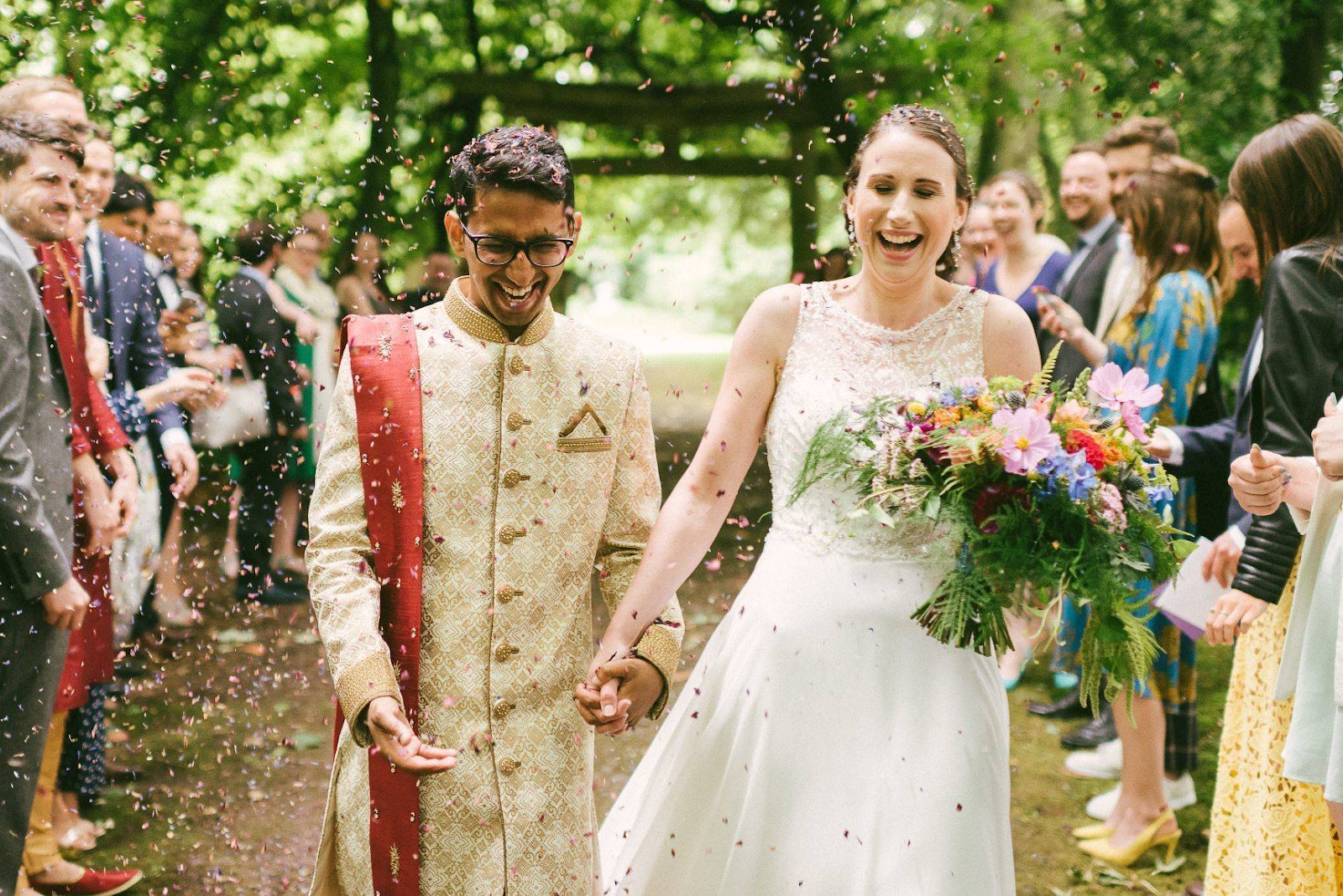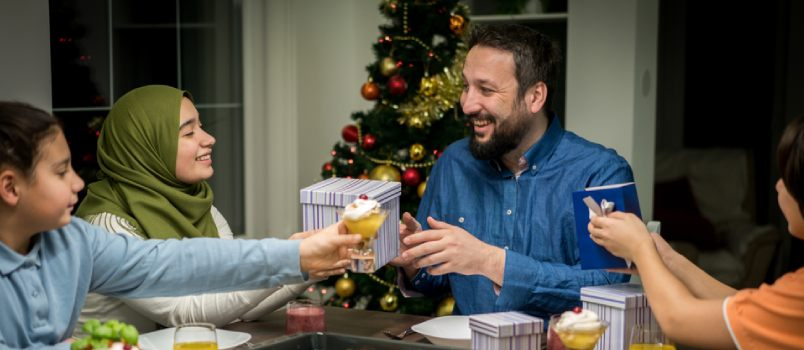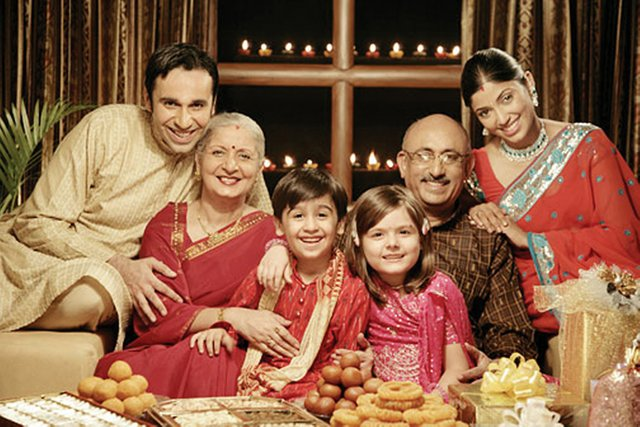Introduction
The marriage that bring together partners from different religious backgrounds are known as interfaith marriages. They can be rich in diversity but also require understanding, respect, and compromise to produce easily.
Interfaith marriages bring cultural and religious diversity, offering a chance to raise children who are culturally aware and tolerant. Embracing the challenges and benefits of this dynamic can be very rewarding.

Here are some tips to help you raise cultural awareness among children in an interfaith marriage.
1. Open Communication Between Partners
Before you start teaching your children about different cultures and faiths, discuss your beliefs, values, and expectations openly with your partner. Decide together how you will celebrate religious holidays, which traditions you want to uphold, and how you will handle potential conflicts. This unity and understanding will provide a strong foundation for your children.
2. Celebrate Both Traditions
Celebrate both partners’ holidays, festivals, and everyday traditions together. It’s a way to honor each other’s faiths and create meaningful connections in daily life.
By doing so, you are showing your children that both cultures and religions are equally valued and respected. For example, you might celebrate Christmas and Hanukkah, or Diwali and Eid, giving your children the chance to understand and enjoy both sets of traditions.

3. Educate About Both Faiths
Children are naturally curious. Take the time to educate them about both religions. Explain the stories, values, and practices associated with each faith.
You can use books, storytelling, and even visits to places of worship to make the learning process informative. Ensure that this education is balanced, giving equal weight to both faiths, to avoid any sense of favoritism.
4. Encourage Questions and Open Dialogue
Encourage your children to ask questions about both religions and cultures. Create an environment where they feel comfortable expressing their curiosity and doubts. Answer their questions honestly and thoughtfully.
If you don’t know the answer, explore it together. This open dialogue encourages a sense of understanding and respect for both traditions.
5. Model Respect and Tolerance
Show your children how to respect each other’s beliefs by demonstrating acceptance and awareness of dissimilarity in your family. When they see you treating each other’s faiths with respect, they’ll learn to do the same.
6. Find Common Ground
Highlight shared values like kindness, compassion, and honesty from both religions. Teach your children about these universal values to create harmony and understanding in your family.
Ready to find your perfect match?
Join our community to start your journey towards love and companionship!

7. Involve Extended Family
Involve your extended family in your children’s lives to enrich their cultural experiences. Grandparents, aunts, uncles, and cousins can share different traditions and stories.
Encourage visits and participation in family gatherings from both sides. This helps your children learn more about their heritage and gain a broader perspective. This is an effective way to spread cultural awareness among children.

8. Expose Them to Diverse Communities
Encourage your children to explore diverse communities beyond your family. They can be multicultural events, joining clubs celebrating dissimilarities, or making friends from different backgrounds. This helps them gain a wider perspective and an appreciation for differences.
9. Create New Family Traditions
Create new family traditions by blending elements from both cultures. This could be special holiday celebrations, unique meals, or regular cultural activities. These traditions help children feel connected to both heritages and foster a sense of unity in the family.

10. Seek Guidance and Support
Seek advice from community leaders, religious figures, or cultural experts for guidance on raising children in an interfaith marriage. Connecting with other Diverse families can also offer support and share helpful strategies.
Conclusion
Raising culturally aware children in an interfaith marriage requires effort, communication, and a commitment to celebrating diversity.
Embrace both cultures, encourage respect, and have open conversations. This helps children appreciate their dual heritage, strengthens their identity, and prepares them for a diverse world.

